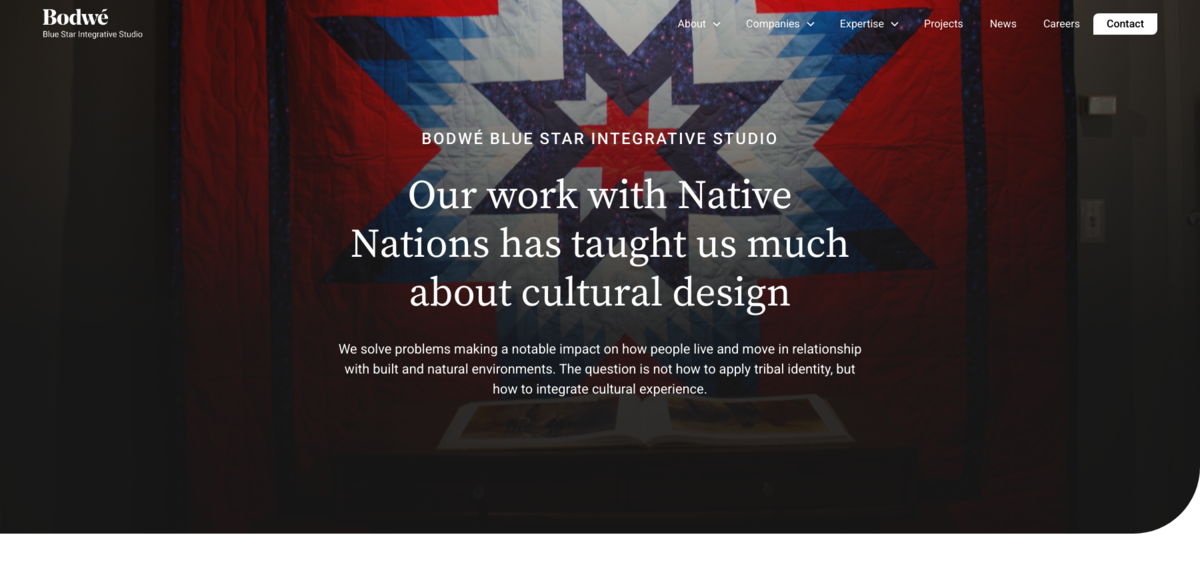Understanding the Project: Cultural Design with Native Nations
This project dives deep into the heart of cultural design, shaped by extensive work with Native Nations. It’s not just about slapping tribal identity onto a space — no, it’s about weaving cultural experience into the very fabric of how people live and move within both built and natural environments. The focus is on solving real problems that make a notable impact, creating spaces that resonate with the communities they serve. It’s a thoughtful approach that honors tradition while embracing the present and future.
Main Benefit: Fostering Community and Culture Through Design
Every space and place holds this incredible power — the power to foster community and culture. This project taps into that power by:
- Encouraging community authorship, where everyone from client staff to youth to elders gets involved.
- Incorporating culturally-attuned references that speak the language of the people.
- Allowing communities to shape their own future through self-determination.
- Creating distinctive, beautifully designed master plans, project sites, and built structures.
- Designing spaces that influence human movement and create meaningful experiences.
It’s this blend of involvement and cultural respect that leads to success — spaces that truly belong to the people who use them.
The Role of Community Authorship
Community authorship isn’t just a buzzword here. It’s a core principle. By involving a diverse range of voices — from elders with deep cultural knowledge to young people bringing fresh perspectives — the project ensures that design isn’t top-down but collaborative. This approach fosters a sense of ownership and pride, making the spaces more than just physical places, but living parts of the community’s story.
Integrating Cultural Experience, Not Just Identity
The challenge isn’t about applying tribal identity as a decorative layer. Instead, it’s about integrating cultural experience into every aspect of design. This means understanding how culture shapes movement, interaction, and the use of space. It’s a subtle, yet powerful shift — one that respects traditions while allowing for growth and adaptation. The result? Spaces that feel authentic and alive.
Heritage and Relationships: The Foundation of the Work
The project’s foundation lies in strong relationships with Indigenous communities and partners. These connections have shaped the approach, offering insights into how tribes maintain traditions while navigating change. It’s a dynamic balance — honoring the past, living in the present, and planning for the future. This ongoing dialogue enriches every project, making the design process a shared journey.
Project Impact: Aligning with Sustainable Development Goals
- SDG 11: Sustainable Cities and Communities — by creating culturally resonant, livable spaces.
- SDG 10: Reduced Inequalities — through community authorship and self-determination.
- SDG 15: Life on Land — respecting natural environments alongside built structures.
- SDG 4: Quality Education — involving youth and elders in knowledge exchange.
- SDG 16: Peace, Justice, and Strong Institutions — fostering community control and cultural integrity.
Looking Ahead: Growth, Adaptation, and Cultural Belonging
Working with a diverse group of tribes that share so much in common has made the project’s designers better — not just professionally, but personally. It’s a continuous learning process, witnessing how communities keep traditions alive while adapting to new challenges and opportunities. This project isn’t just about buildings or plans; it’s about nurturing culture and belonging in a way that’s meaningful and lasting.


















